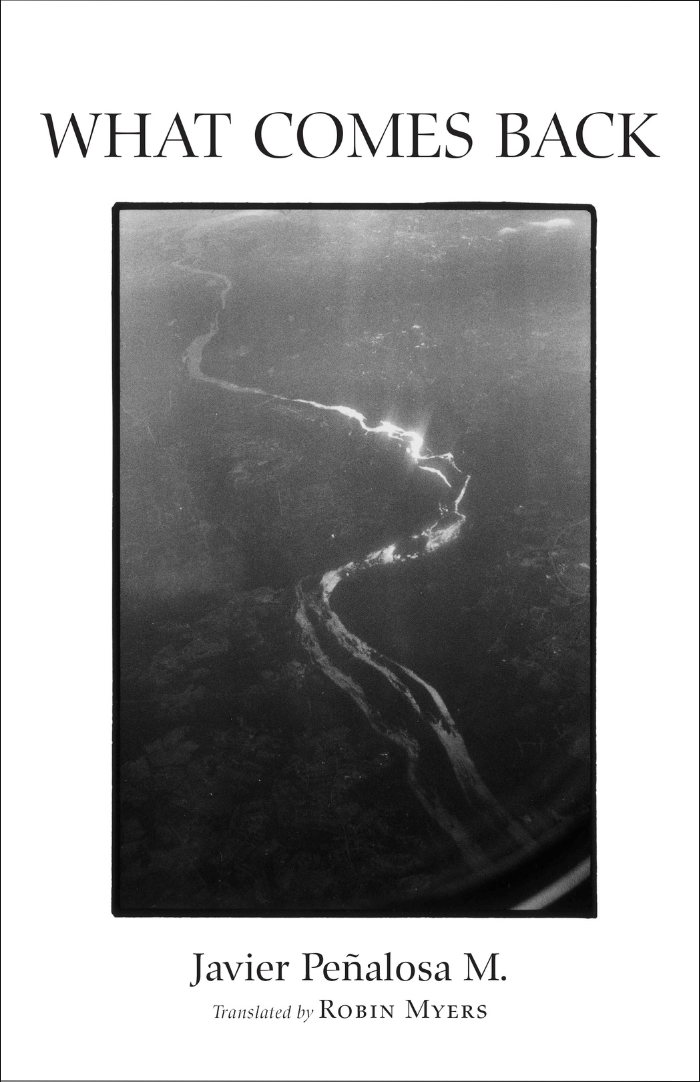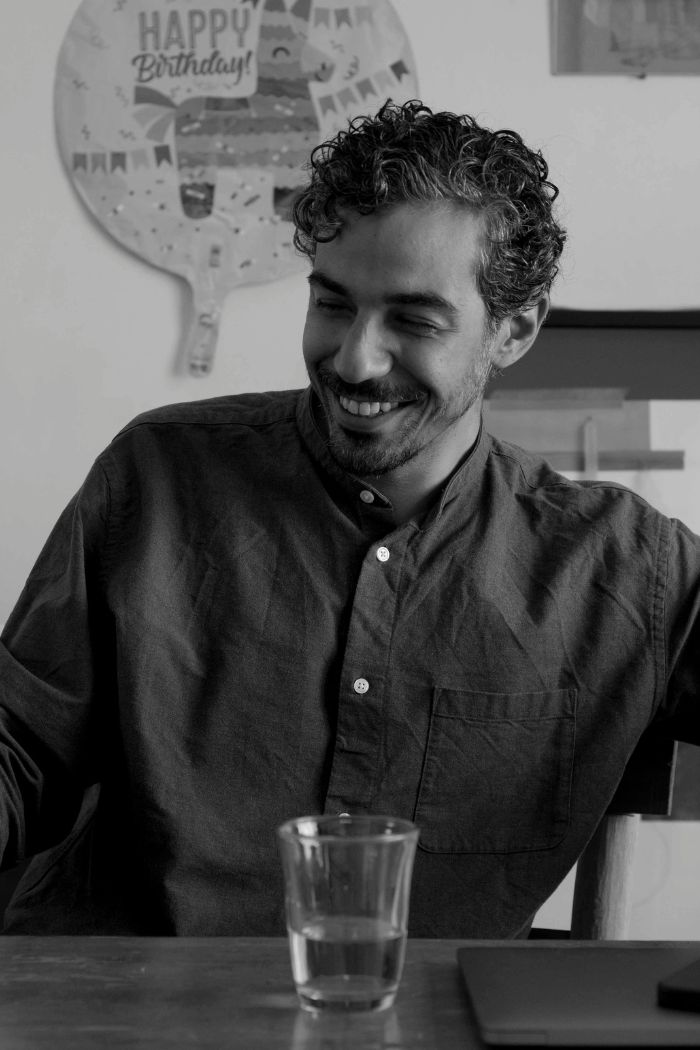
Javier Peñalosa M.’s What Comes Back is a procession, a journey, a search for a body of water that has disappeared. Featured in separate sections, original Spanish poems and Robin Myers’s English translations highlight tender ruminations on loss, memory, and communion. Just as landscapes witness and “preserve what happens along the length of them,” so do people. We watch as travelers navigate realms between the living and the dead, past mountains and dried-up rivers to map, trace, and remember the past and future. Several sections, each bearing the title “What Comes Back,” guide readers on a looping voyage where they are “orbited around the gravity of what had come to be”: the absence of Mexico City’s rivers and other absences wrought by war, climate change, and forced migration. What remains is a desire to name the missing, to wrest belonging from dispossession, endurance from erasure. Rattled between ecological destruction and human violence, the spirit pushes on toward connection and community.
ISBN: 9781556596841
Format: Paperback
Elena
They’d wake with the slowness of animals. They’d have touch
and breath, skin in the early mornings. The nape of her neck was
a den of dark threads at first light. And the music would come
from nowhere to find her voice and her body’s soft movement in
the bedroom.
These were the ripe apples we didn’t gather from the ground.
Reviews
“Mexican poet and screenwriter Peñalosa M.’s bilingual collection is prescient and quietly mesmerizing. The geography of a ruined landscape ruminates with spectral voices, each in its own way attempting an accounting of a seemingly directionless trek through a subverted ecology of dried riverbeds and inventories of flotsam and jetsam abandoned like the dreams that carried them. . . . Peñalosa M. gives voice to the displaced and chronicles and preserves, for a time, their journeys.” —Raúl Niño, Booklist, STARRED REVIEW
“A series of portraits, perhaps cubist, perhaps multiple angles at the same time, such energy, and after the presentation of the acute upon the acute, the obtuse upon the obtuse, what the reader is left with is the energy to keep reading. To read again. To flip through the pages, proceeding like footsteps across desert path, to consider the restlessness of time and history and future, to be active and to be an active participant. To activate. To read.”—Greg Bem, North of Oxford

